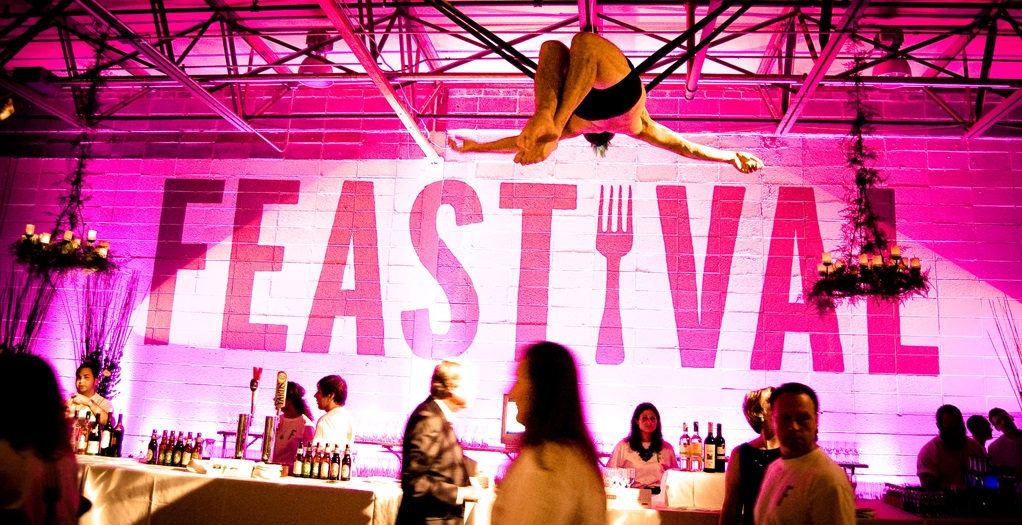A few years back, when he became chairman of the Philadelphia Fringe Festival, the arts festival that was the brainchild of the ever-creative Nick Stuccio, Philly’s renaissance man Richard Vague said something profound, something that will be in stark evidence next Thursday night, when an eclectic mix of Philadelphians—artists and hipsters, politicians and techies—gather to eat the food of our city’s best chefs in support of the Fringe Festival, which, not coincidentally, has grown considerably in the last five years: “The better the arts, the better the city.”
At the time, Vague’s observation was more aspirational than an accurate description of the state of Philly. So he recruited restaurateur Audrey Claire Taichman to turn his thesis into reality. Taichman became a primary fundraiser and the driving force behind the Fringe’s signature culinary party, Feastival; she enlisted Stephen Starr and Michael Solomonov as co-hosts, and together they’ve come up with one of the hottest tickets in town. Next week’s sixth annual soiree will feature the culinary stylings of roughly 80 chefs. But, Taichman is quick to point out, Feastival is not necessarily what it seems.
“Screw being a party,” says Taichman, who was recently profiled by Christine Speer Lejeune in Philadelphia magazine. “There’s a deeper meaning. New York, London, Chicago, and Los Angeles have always been considered the epicenter of art. You go to grad school in those cities and you stay there. In Philadelphia 15 to 20 years ago, graduates would leave. I think, in a great city filled with arts and culture, there’s a trickle-down effect: Grads stay and our city gets better. We become more vibrant and safer. That’s what the arts can do and that’s why the Fringe means so much to the overall health of Philadelphia.”
Taichman’s interest in helping the Fringe become all it could be had personal roots. The front of the house staff at her restaurants—Audrey Claire and Twenty Manning—were mostly local artists. They were actors, painters, performers and poets, and they struck something in her. Her love for them morphed into a love for their art, and then into a love for art in general. Like food, Taichman saw how one person’s creation can transport others. It wasn’t long before she realized the same could be said for cities, that a city’s art can alter its image of itself. Talk to her now, and the words rush out breathless, and they’re all about imagining possibilities.
“We have lights on the Schuylkill, but why not around Society Hill, too?” she asks. “How about European-like sculptures here and there? There are people who get how transforming this can be, like Jane Golden at Mural Arts. It can make life so much richer and make us so much prouder of our city.”
And there is evidence to back up the notion that art can transform a city. It’s been happening in Detroit, where an adventurous creative class is slowly resurrecting an economy once decimated and in bankruptcy. Here, a 2012 Greater Philadelphia Cultural Alliance report found that arts and culture has a $3.3 billion economic impact on our region, dwarfing the contribution made to the city’s economy by, say, the professional sports industry—and yet countless tax breaks and taxpayer dollars have long contributed to the building of sports stadiums for billionaire team owners. (In large part, that’s because no American politician wants to suffer the wrath of the fans by losing a major sports team to a rival city.) So Taichman sees a citywide commitment to the arts as two things: an economic benefit for our bottom line, and for our collective soul. “Come to Feastival and eat the best dishes from the best chefs in the city,” she says. “And help make the city better.”
For tickets, click here.
Photo: Feastival/Fringe Arts.

